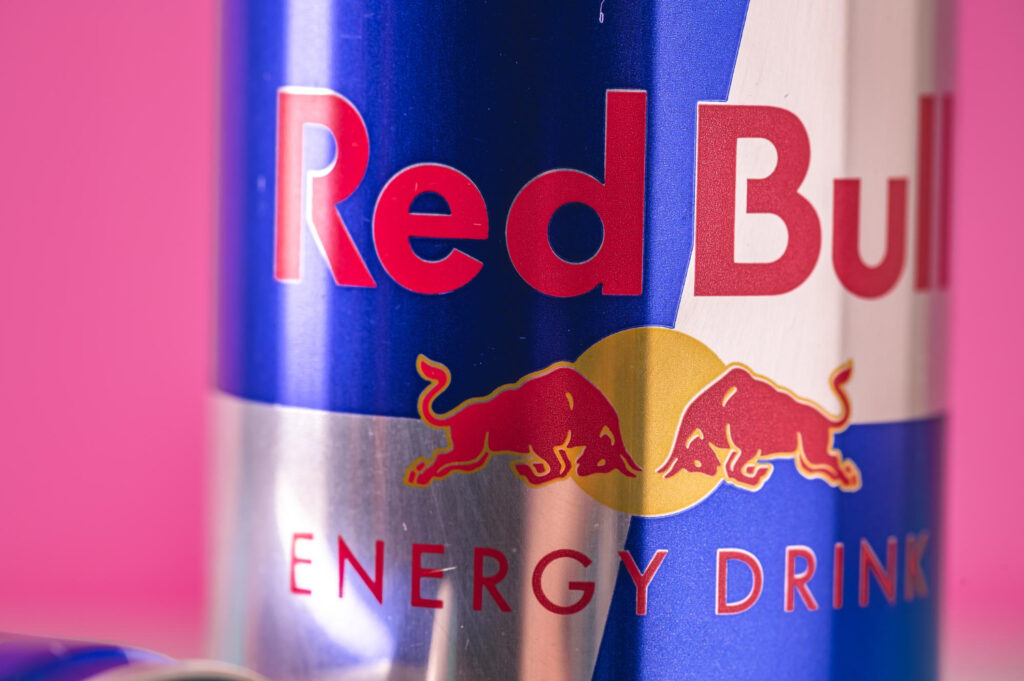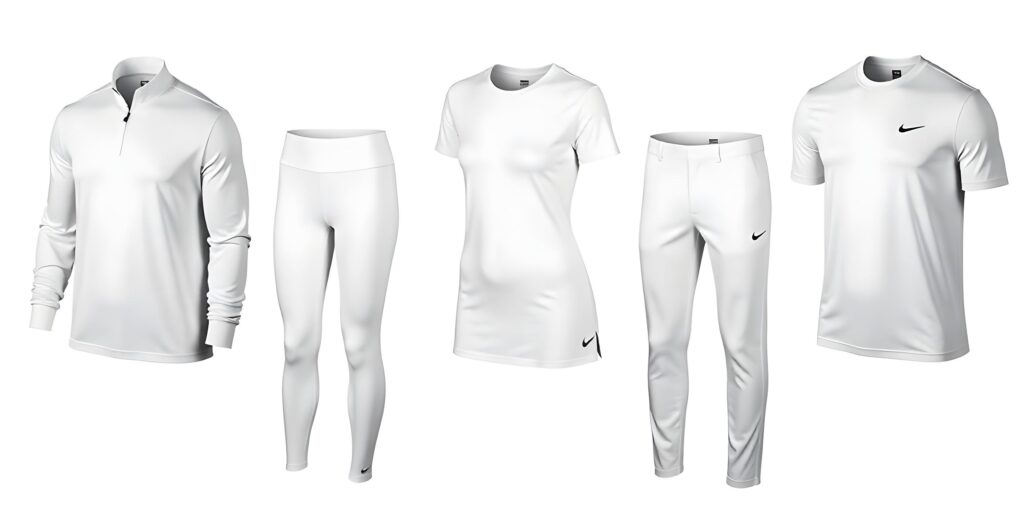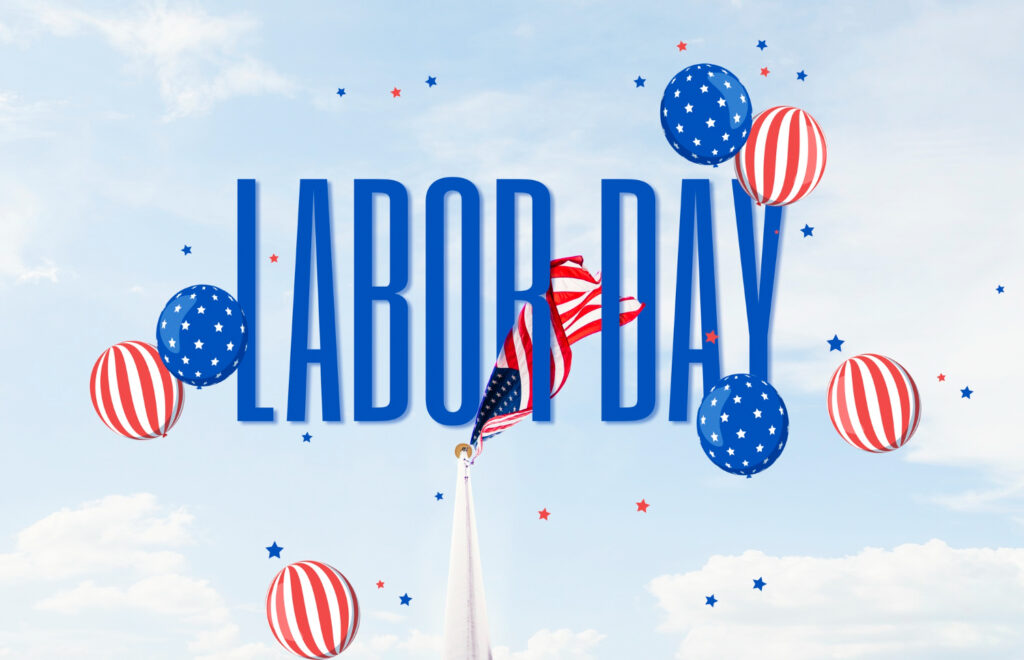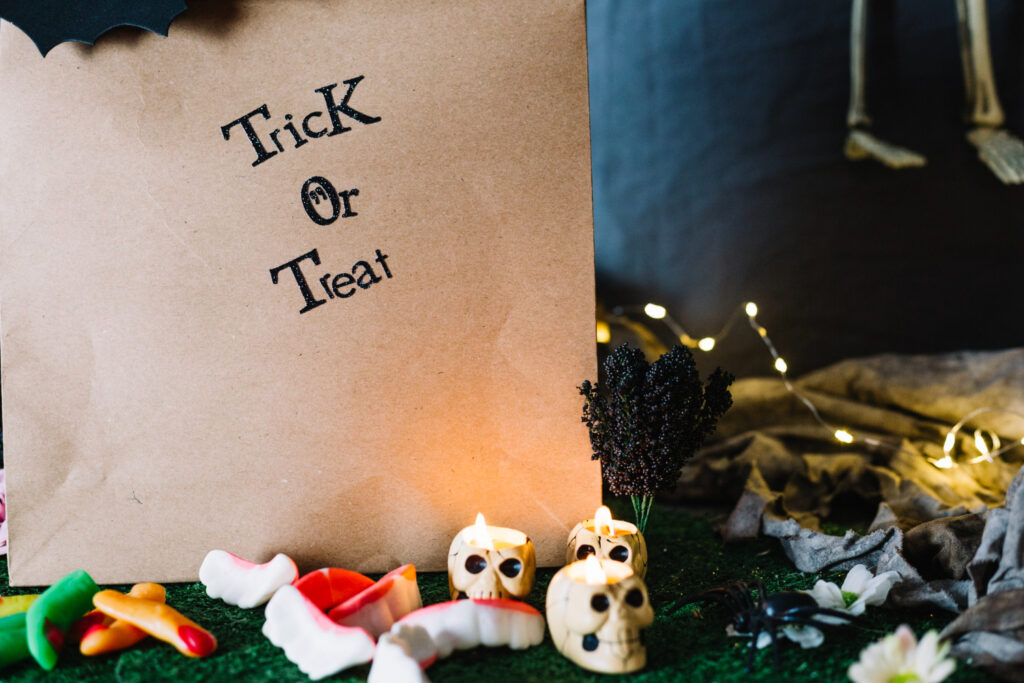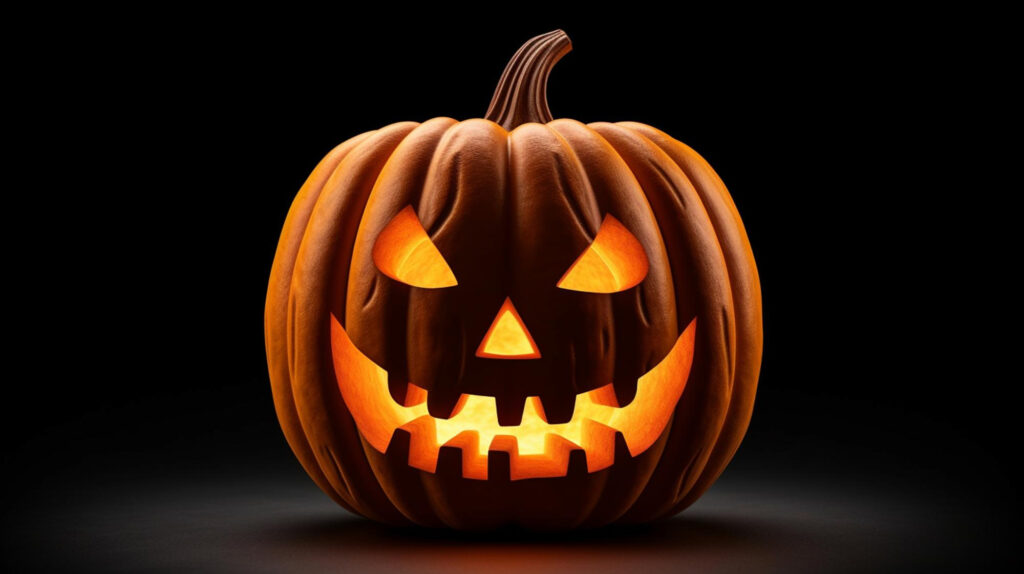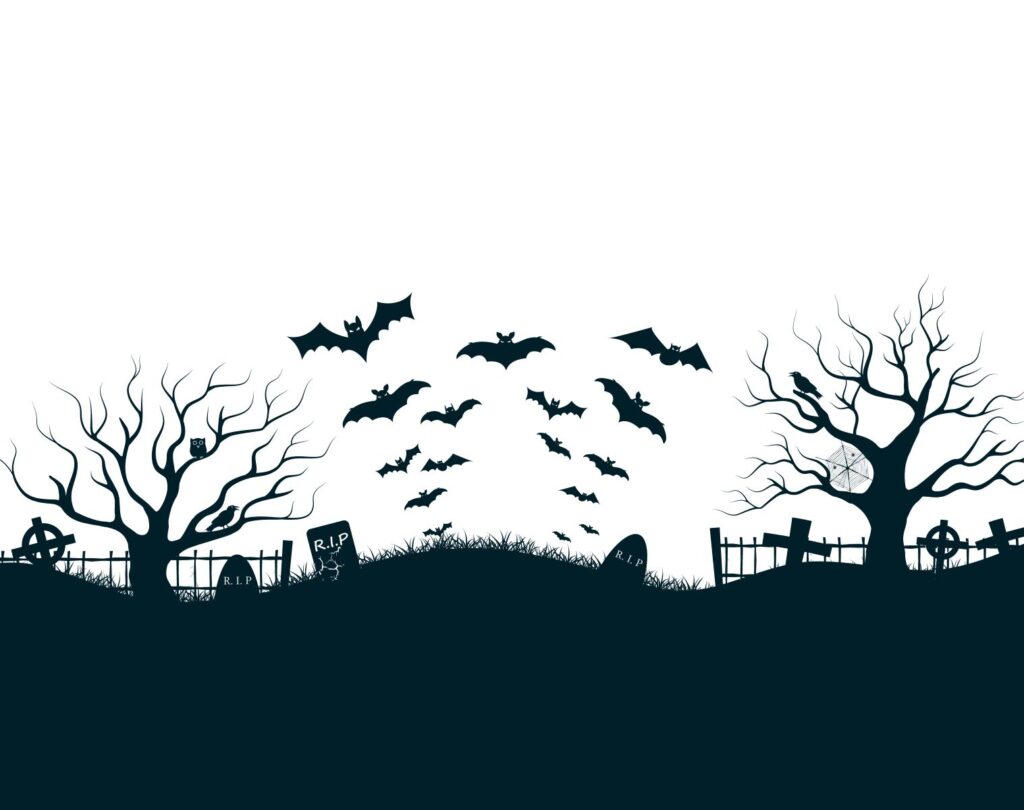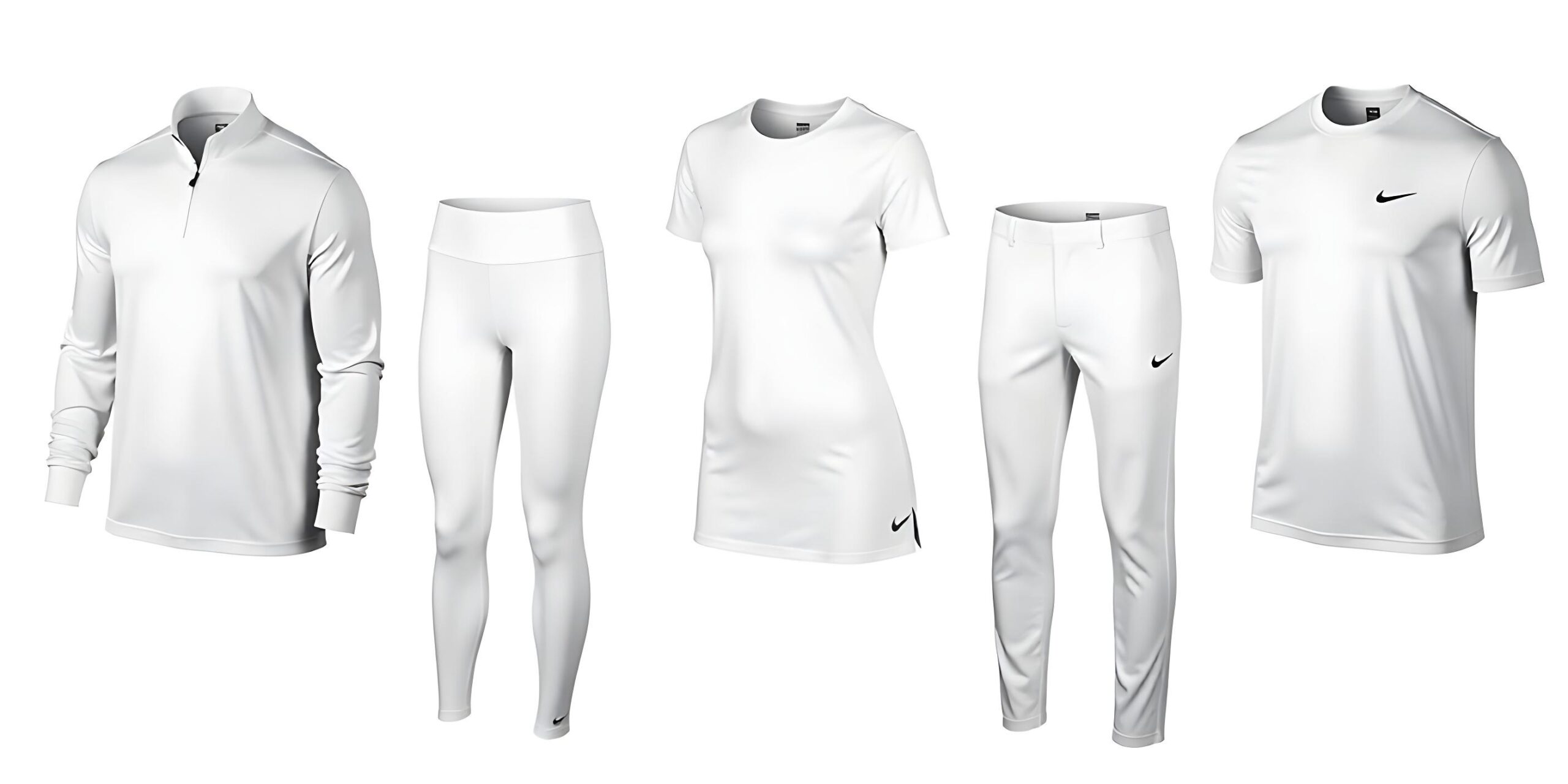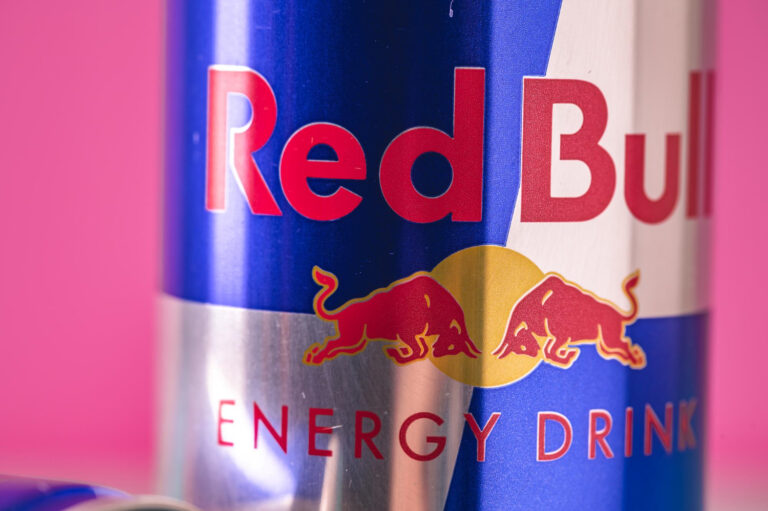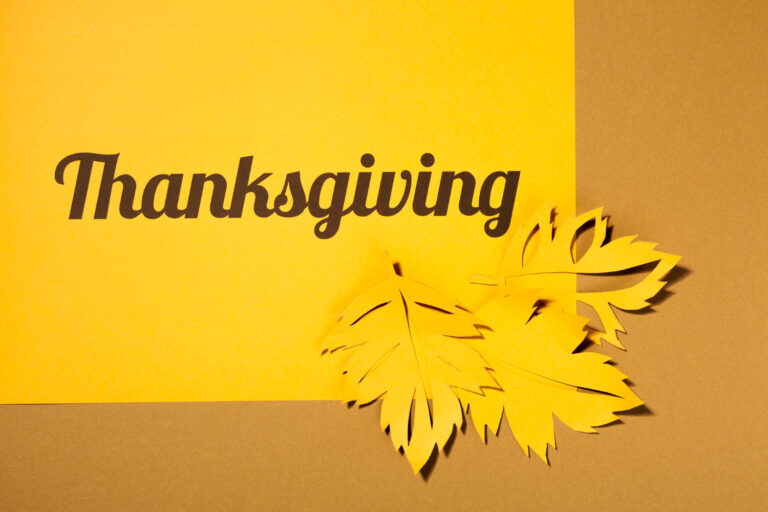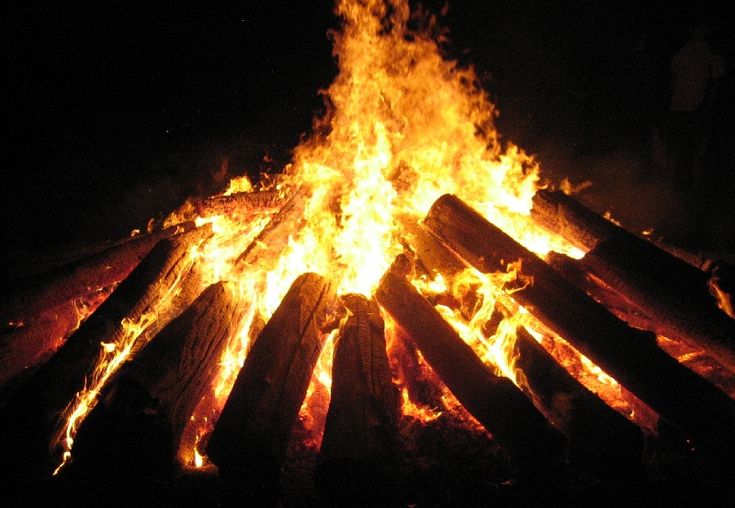As with those sayings related to humidity or clouds, much of the weather lore that is based on changes in air pressure or the wind can accurately predict the weather. Air pressure and wind are two weather indicators that can be used to determine future weather conditions over the short term.
“When the wind is out of the east,
‘Tis neither good for man nor beast.”
Easterly winds usually indicate an approaching weather front or low pressure area. Low pressure generally brings bad weather. Remember that wind circulates around a high pressure cell in a clockwise direction. So if the wind is out of the east, a “high” that came from the west has already passed you by, or is currently passing by on the north. A low pressure system is sure to follow since highs and lows usually tend to alternate in progression.
“When the wind is in the north. The skillful fisher goes not forth;
When the wind is in the cast, ‘Tis good for neither man nor beast;
When the wind is in the south, It blows the flies in the fish’s mouth;
But when the wind is in the west, There it is the very best.”
“Fish bite least
With wind in the east.”
In the U.S. the prevailing winds are from the west, northwest, or southwest. As a general rule, winds coming from a westerly direction signifies good weather. It is only a matter of conjecture, however, if fish react to the direction of the wind.
“When the wind backs; and the weather glass falls
Prepare yourself for gales and squalls.”
A backing wind is one which changes direction in a counterclockwise manner—usually starting in the west, then changing to the southwest, south, and then southeast. A backing wind indicates the approach of a low pressure cell from the southwest.
The “weather glass” was an early term for a crude barometer. When the weather glass falls, the atmospheric pressure is lowering, signaling the approach of a storm system.
A similar rhyme goes like this:
“When the glass falls low,
Prepare for a blow;
When it rises high.
Let all your kites fly.”
Again, the “glass” referred to here represents a barometer, which measures air pressure. High pressure means fair weather; low pressure indicates rain or storms.
“When the ditch and pond affect the nose,
Look out for rain and stormy blows.”
High air pressure, associated with fair weather, tends to hold earthly scents to their source. When low pressure arrives, the odors are released and can be sniffed.
“A coming storm your shooting corns presage,
And aches will throb, your hollow tooth will rage.”
“If your corns all ache and itch,
The weather fair will make a switch.”
Studies have shown that some people experience increased pain when the barometric pressure falls. This is not the case with everyone, but changes in air pressure do seem to cause aches and pains to increase for some folks.
“If birds fly low
Expect rain and a blow.”
When the air pressure is high, it is easier for birds to fly at a higher altitude. If the air pressure is low, indicating bad weather, birds can’t fly as high because the air is less dense.
“If the rooster crows on going to bed,
You may rise with a watery head.”


